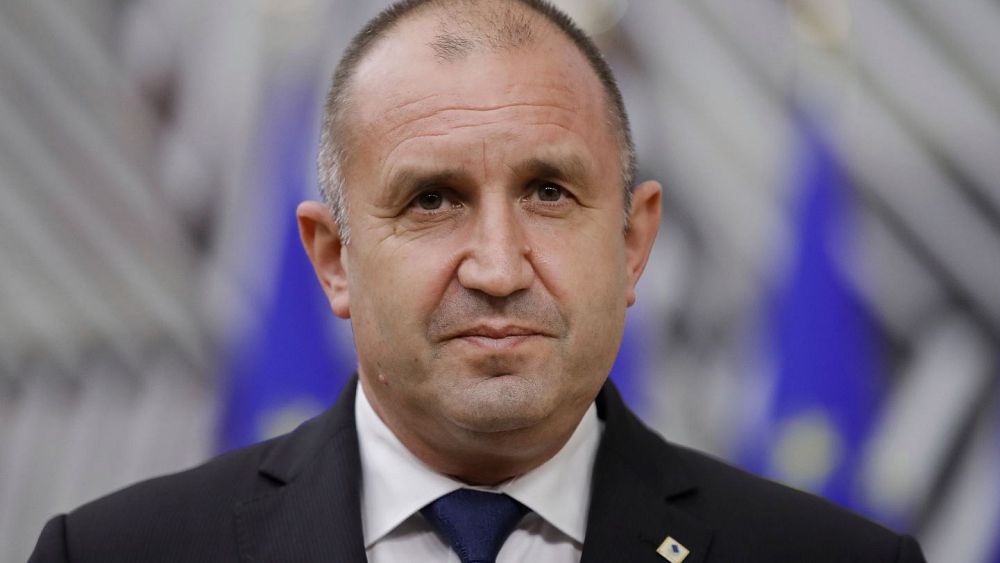
Bulgaria’s President has urged his country’s political parties to hold coalition talks to avoid another parliamentary election.
A second vote in July failed to result in a clear majority for any party, plunging the country deeper into political crisis.
The anti-establishment party “There is such a people” party (ITN) finished first in the most recent elections and has been tasked with forming a new Bulgarian government.
“The country is facing challenges that require the formation of a government as soon as possible,” said President Rumen Radev.
“It is time for Bulgarians to learn the name of their prime minister,” he told reporters on Friday.
But the leader of ITN, former television entertainer Slavi Trifonov, has stated that he does not want to head the government himself and holds only 65 seats out of a total of 240.
After historic protests against the alleged corruption of former Prime Minister Boyko Borissov, Bulgarians first went to the polls in April.
Borissov’s conservative GERB party finished first but failed to find any coalition partners. A caretaker government was then established until a second snap election was called on July 11.
That vote was narrowly won by ITN, and their political novice, Trifonov, edging out GERB for the first time since 2009.
Talks have since been held in the last few weeks to try and establish a minority executive.
But in recent days, two anti-corruption groups have expressed concern that Trifonov is protecting the interests of a small Turkish minority party (MRF).
ITN has already been forced to withdraw a prime ministerial candidate because of links to the MRF which sparked public outcry.
“If we don’t find [support], we will most likely go to new elections,” ITP deputy chairman Tochko Yordanov has said.
President Radev has urged parties to show “unity around some urgent priorities” to address the issue of rule of law in Bulgaria.
Analysts predict that despite the widespread desire for change, the July vote failed to resolve the political impasse, and a possible fresh round of elections would only add to the woes of the European Union’s poorest member country.











